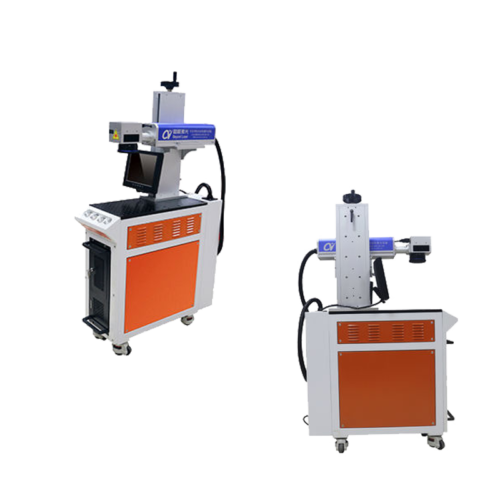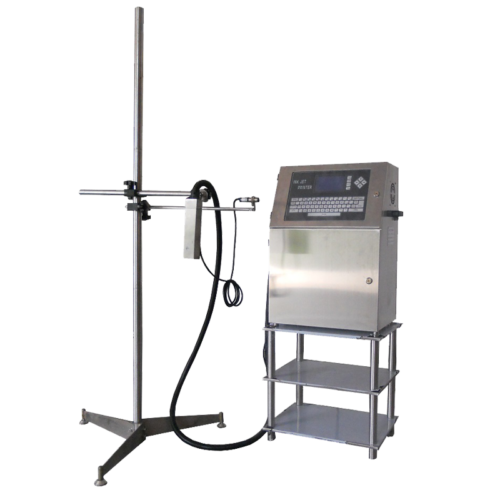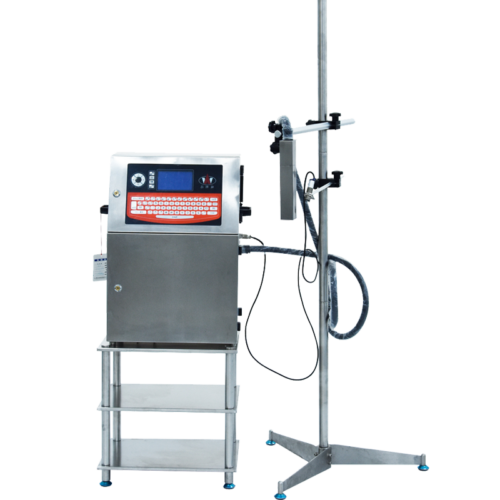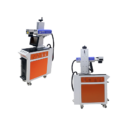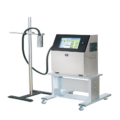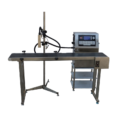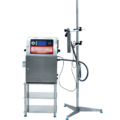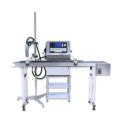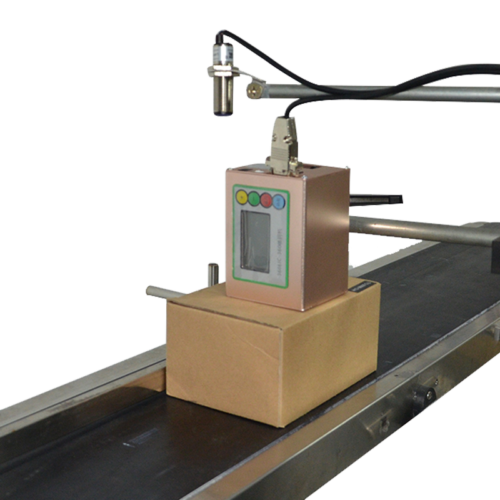“Laser marking” stands for marking or labeling of work pieces and materials with a laser beam. In this regard, different processes are distinguished, such as engraving, removing, staining, annealing and foaming. Depending on the material and the quality requirement, each of these procedures has its own advantages and disadvantages.
Fiber laser marking coding machine
Product Description
Fiber laser marking coding machine
Key Specifications/Special Features:
Specifications
Marking range: 100*100mm(optional)
Laser power: 30W
Minimum character: 0.3mm
Minimum line width: 30um
Engraving speed (Roman, h=1mm): 250 character/s
Power stability (8h): <±1%rms
Beam quality: <2㎡
Pulse repetition frequency: 20-200KHz
Cooling way: air cooling
Operating temperature: 15℃-35℃
Power supply: 220V±22V/50Hz/2.5A
Power consumption: <0.5kW
Fiber laser marking coding machine
This machine are most often chosen by customers because of the product’s capabilities and quality, not only convenient and compact, but also the quality of the mark it produces.
Providing an industrial solution for product identification and traceability, our Fiber Laser Marking Systems allow manufacturers to mark or engrave serial numbers, bar codes, 2D Data Matrix and graphics on the widest variety of materials, including metals, plastics and ceramics.
The software is easy to use and can work with any content such as graphic, charters, letters, barcode, qr code etc. It can be widely used in various metal and some non-metallic surface to create the permanent mark.
Fiber laser marking coding machine
What is laser marking?
==>”Laser marking” stands for marking or labeling of work pieces and materials with a laser beam. In this regard, different processes are distinguished, such as engraving, removing, staining, annealing and foaming. Depending on the material and the quality requirement, each of these procedures has its own advantages and disadvantages.
What materials can be marked with a laser?
==>Metals: Stainless steel, aluminum, gold, silver, titanium, bronze, platinum or copper.
Plastics: ABS, polycarbonate, polyamide, PMMA or plastics with laser additives
Other materials: Foils and films, laminates, paints
How deep can it engrave into metal?
==>All metals can be engraved into with some depth; however, some metals are more amenable to depth engraving. Softer aluminum material will engrave with depth with only a few passes.


